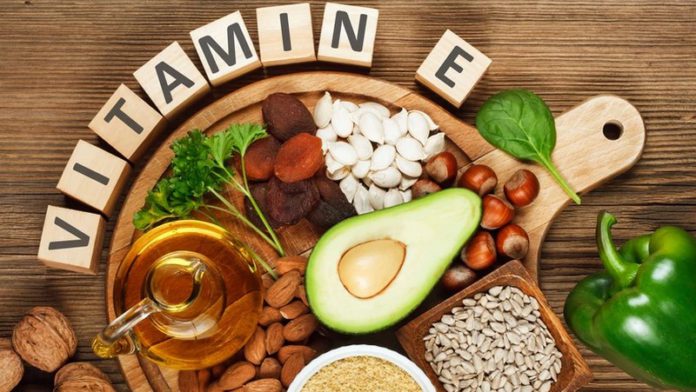
Vitamin E is a very important group of vitamins that play a key role in many enzymatic and metabolic processes in the body, while also acting as an antioxidant.
This vitamin comes in two main forms, tocopherols and tocotrienols, but the only form that is available to us through our food is alpha-tocopherol.
It can be found only in plant-based foods, including various seeds, nuts, fruits, vegetables, and oils. Vitamin E is known as an enzyme activator, as well as a fat-soluble antioxidant, making it one of the most versatile vitamins in our body.
Without vitamin E, many basic processes would become less efficient, and our body’s immune system would be compromised. For men, vitamin E is particularly important for certain key reasons.
- Sperm health
When it comes to bearing children, men must not only have enough sperm to impregnate their partner, but that sperm must also have good motility to implant itself in the egg. Research and anecdotal evidence has shown that proper levels of vitamin E will help sperm motility and overall sperm health, thus increasing your ability to conceive a child.
- Libido
Along with increased sperm motility and boosted sexual health, you will also feel an increase in libido when you regularly take vitamin E. An increased sex drive, particularly as you get older, can be the difference between having a child or not, so pop a vitamin E supplement next time you want to get in the mood!
- Heart health
This fat-soluble antioxidant can improve the health of the heart by stopping the oxidation of cholesterol, thus preventing it from building up in the arteries and blood vessels. This will lower your risk of atherosclerosis, as well as reducing the danger of heart attacks and strokes. Studies have also linked high vitamin E levels with a lower rate of coronary heart disease.
- Anticancer potential
Vitamin E intake which is rich in γ- and δ-tocopherols are more suitable for fighting cancer rather than the varieties rich in α-tocopherol. A 2019 study has also confirmed that the anticancer potential of vitamin E might be linked to genetic variation.
